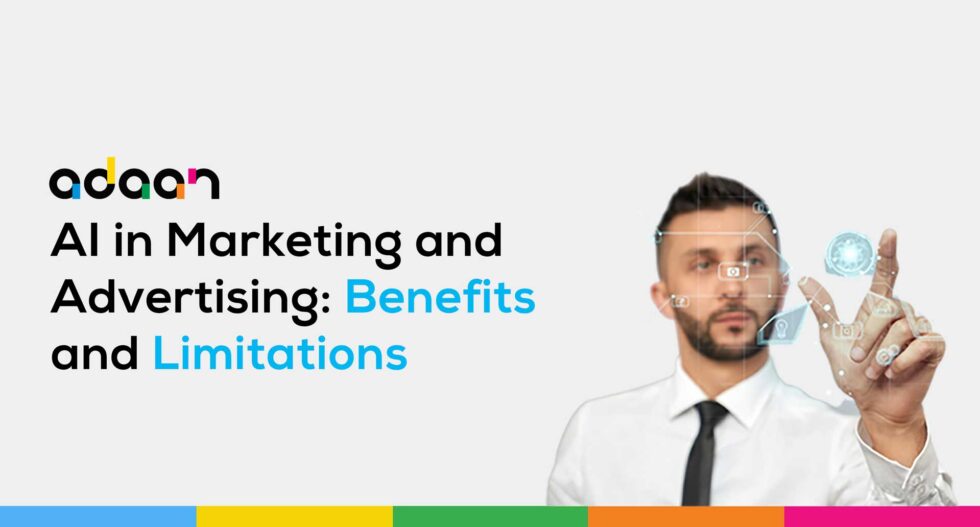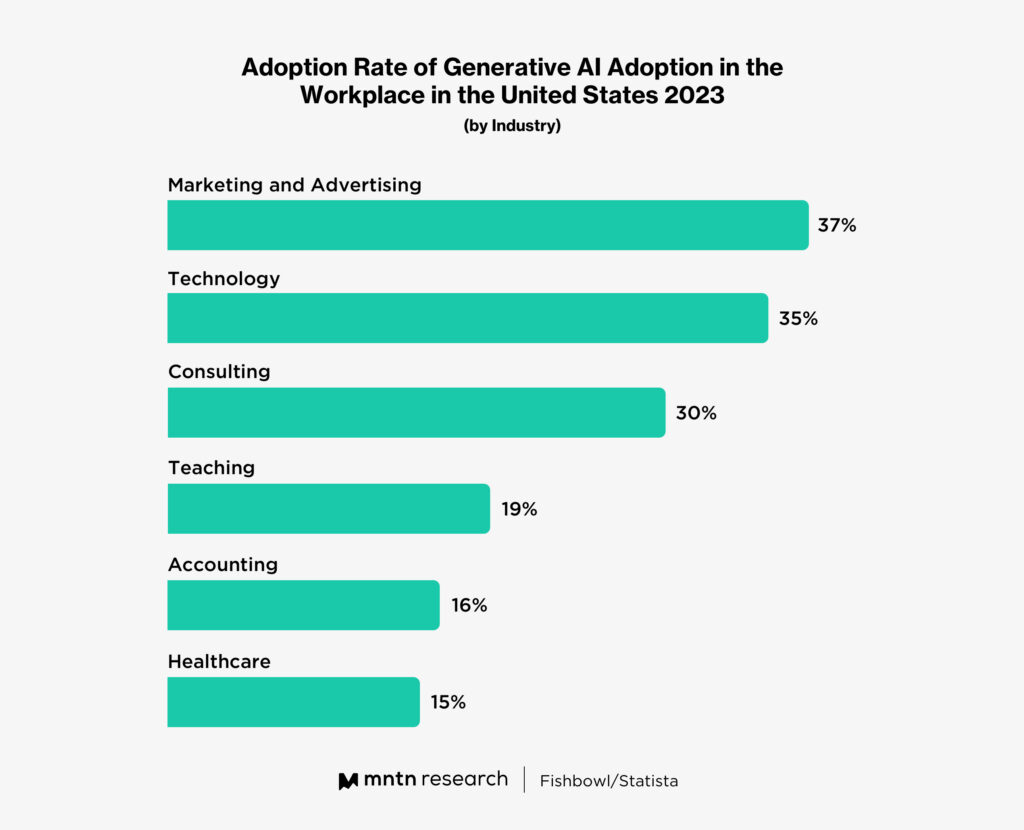Zuckerberg vs. Creativity: Why AI Can't Win in Advertising - Pure ...
Last week, The Verge published a piece detailing Mark Zuckerberg’s ambitious vision for the future of Meta’s advertising platform: one fuelled almost entirely by generative AI. In his words, Meta aims to make advertising “as simple as describing what you want.” The plan? Allow businesses to generate entire campaigns, including strategy, creative, and audience targeting, just by typing a few prompts into Meta’s AI tools.

Now, let’s be clear: as someone who runs a digital agency, I have a stake in this debate. But I also have three decades of experience across creative industries, and here’s my view, AI might change how we work, but it won’t replace why we work. And it certainly won’t replace the human mind that knows how to break the rules just enough to spark real results.
The Limitations of AI in Advertising
AI excels at identifying patterns. It sifts through vast amounts of data and zeros in on what has worked. But that’s the problem: AI is only as innovative as the dataset it’s trained on. It doesn’t invent the future, it reconfigures the past. It knows what has worked, not what could.
In advertising, some of the most successful ideas don’t come from repeating patterns. They come from unexpected angles, irreverent insights, and tapping into the irrational side of human decision-making. That’s not something a machine can replicate, because the best creative doesn’t come from a pattern, it breaks one.
A TikTok video circulating recently gave me the perfect proof point. In it, a strategist shares how some of the highest-performing Meta ads she runs aren’t slick, polished, or professional. They're downright ugly. Handwritten notes on receipts. A coffee cup with a scrawl on it. Ads that are raw, messy, human.
Why do these “ugly ads” work? Because they feel real. They bypass our filters and feel like something from a friend, not a brand. No AI tool, no matter how advanced, would choose this approach. It breaks the rules. It’s counterintuitive. It’s successful because it doesn’t fit the brief.

The Role of Humans in Advertising
Zuckerberg may imagine a future where brands input a prompt, and the machine spits out a finished campaign. But here’s what that misses:
Strategy is context. AI doesn’t sit in meetings. It doesn’t understand boardroom pressure, brand nuance, or cultural timing. A human strategist can.
Creative is risk. AI optimizes for what’s statistically safe. But great campaigns often come from taking leaps that don’t make sense, until they do.
Differentiation matters. If everyone uses the same AI tools, everyone’s ads will start to look the same. Homogenized creative leads to advertising fatigue.
At Pure, we use AI extensively. But we use it as a tool to augment our thinking, not to replace it. We use it to prototype ideas, research faster, and generate content options at scale. But the strategic direction? The creative breakthrough? That’s still human territory.
The Future of AI in Advertising
While AI won’t replace creativity as we know it, the technology is evolving rapidly. But beyond technical limitations, we need to consider if Meta, led by Mark Zuckerberg, is the right entity to spearhead this future.
Considering Zuckerberg's track record in digital futurism, skepticism is warranted. And the current state of the Meta Ads interface raises questions about its readiness to revolutionize advertising through AI.
AI won’t replace agencies. But agencies that know how to adapt to AI without losing their human touch will lead the way forward in the world of creative advertising.










